Tag Archives: cognitive modeling
09 Jan What of Perception

Questions Cognitive Modelers Might Ask The biological and chemical processes associated with brain activity are the foundation on which our exploration of the cognitive mind is built. Yet the physiological underpinnings are not sufficient, in themselves, to lead us to the next cybernetic level. Too many questions are left unanswered. In this section of Understanding […]
08 Jan E/I Electric Potential Curve
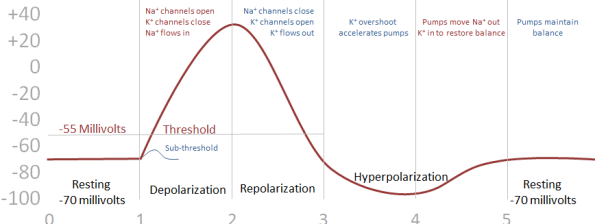
Challenge I’ve noticed two phenomena in computing that have often been compared to brain activity even though they don’t significantly resemble the behavior of electrical potential changes between neurons: Flip-Flop (the changing of a “register” from 0 to 1 Node Firing (The activation of a node in an artificial neural network) In this section of Understanding Context, I’ve been trying to […]
06 Jan Excitation and Inhibition

Most, if not all, neural information-processing functions involve the flow of action potential. Impulses in the nervous system are changes in the action potential or electrical charge of membranes. It is possible that, in addition to the membranes, the potential within the cytoplasm of the cell changes as a result of electrical flow in neurons. […]
03 Jan Synapses and Neurotransmitters

Synapse Structure Electrical impulses are transmitted between neurons either electrically or chemically, with chemical synapses being the most numerous by far. The synapse is where electrical transduction between neurons occurs, facilitating perception, thought and action. The gap between a synapse and its target is called the synaptic cleft (tagged in the center right of the illustration and […]
30 Dec Aristotle and von Neumann
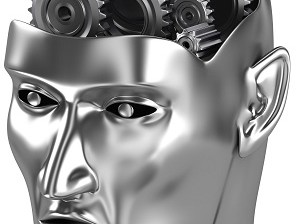
In the 1950’s, John von Neumann compared the computer to the brain. Scientific inquiry that laid the foundation for that comparison, however, had begun long before. The influence of the Greek philosopher Aristotle’s association theory (metaphysics), for example, is evident in neural net theory. In The Computer and the Brain, Dr. von Neumann describes how […]
31 Oct Modeling Biological Systems

Possible Mechanisms of Learning, Memory and Cognition In the first section of this blog, I talked about the brain, as a whole, to establish a framework for the discussion of natural intelligence. In this section, I have delved into the inner workings of neurons, themselves to ensure we understand how complex they are, and where we […]
29 Oct DNA and Biocomplexity

Bio-Complexity Before I can feel comfortable designing a machine or software that can perform brain-like tasks, I want to understand the brain and the broader context in which it develops and operates. The last thing I want to do is over-simplify my assumptions and fail in my design. Nor do I want to over-complexify. I don’t […]
01 Oct Methodology or Mythology
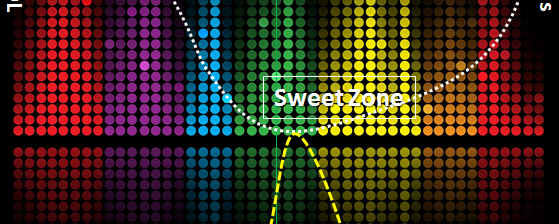
Call me a “nut”, but I have always been enthralled by science fiction. An image of Dave, a surprised and confused astronaut from 2001, a Space Odyssey, stays in my mind. In his eyes, I could see his brain working frantically to figure out how to master the situation, and giving way to hopelessness. The […]
31 Mar Asymmetrical Balance, True Love and Chaos
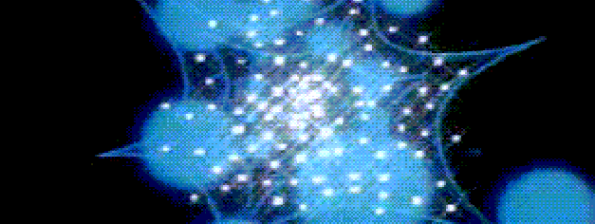
Inequality is the Pattern Unequal distributions characterize everything in the universe from subatomic particles to galaxies. In fact the whole idea of “equality” in the physical universe seems at least a tiny bit sketchy. At the extreme end of unequal distributions is chaos. On the near end are things that approximate equality: balance, parity, equal opportunity, symmetry […]
19 Mar Neural Networks – Section 3 Intro
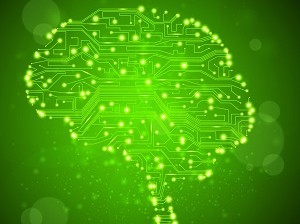
It’s all in your head My posts on Brains and Neurons show us there is a sense of structure and order in the brain. By looking at the brain’s areas, we see how each plays a special role in processing the information necessary to support human cognition and other activities. We’ve looked at neurons and learned that each type has its own components, […]




